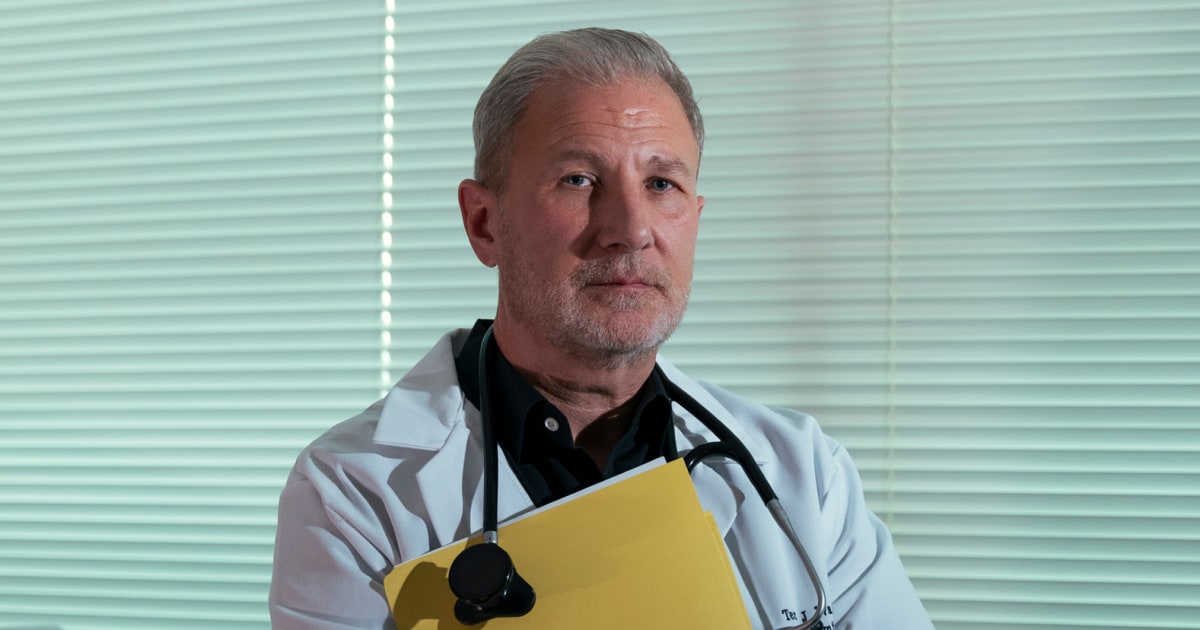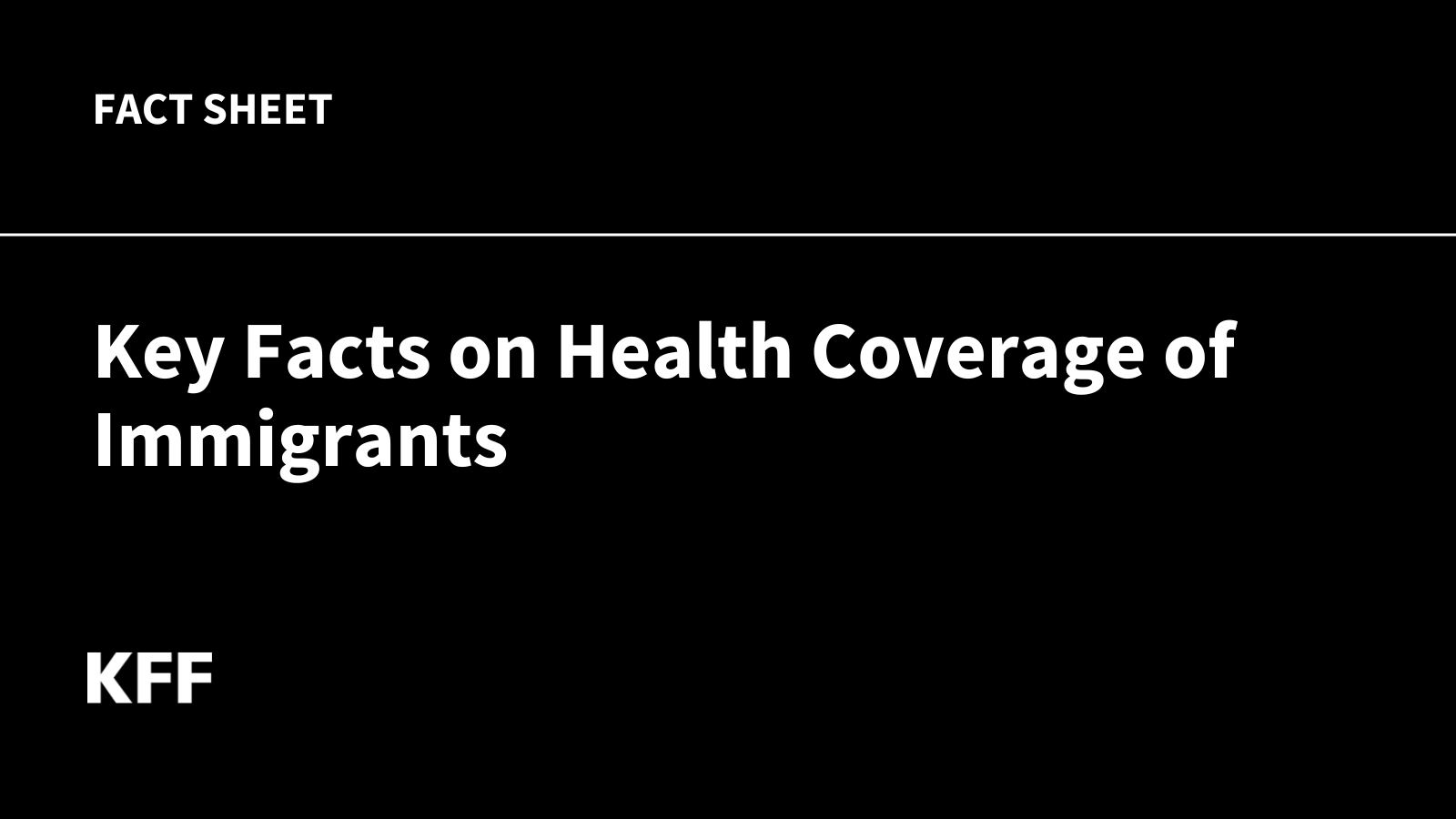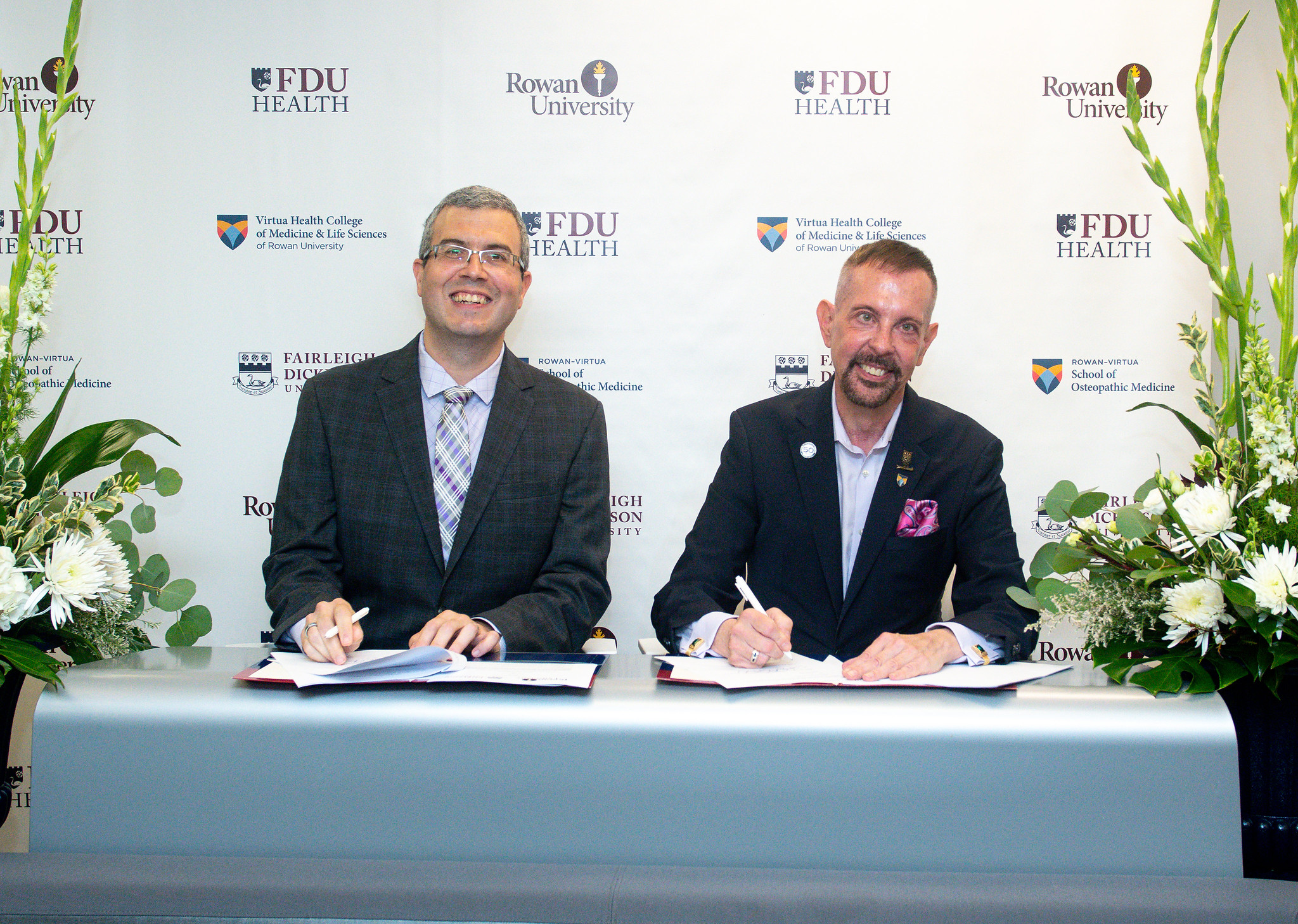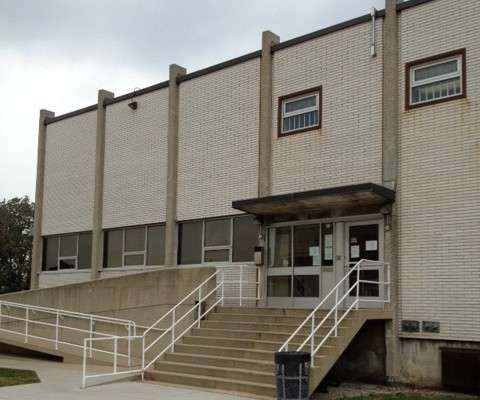Numbered evidence markers indicate where bullet casings were located at the crime scene outside the New York Hilton Midtown, where Brian Thompson, the chief executive of UnitedHealthcare, was fatally shot on the morning of Dec. 4.KARSTEN MORAN/The New York Times News Service
“The American healthcare system is a leading example of an institution that, under political protection, redistributes income upward to hospitals, physicians, device makers and pharmaceutical companies while delivering among the worst health outcomes of any rich country.”
That’s from Deaths of Despair and the Future of Capitalism by Anne Case and Nobel economics laureate Angus Deaton. The 2020 book’s main theme is the remarkable increase in deaths from drugs, alcohol and suicide experienced by the American white working class over the last two decades, a phenomenon the duo were the first to document and try to explain.
However, much of the book is devoted to a related phenomenon, namely a U.S. health care system they call “a cancer at the heart of the economy, one that has widely metastasized, bringing down wages, destroying good jobs, and making it harder and harder for state and federal governments to afford what their constituents need.”
The authors argue that “the industry is not very good at promoting health, but it excels at promoting wealth among healthcare providers.” They call this the “reverse Robin Hood redistribution” or the “Sheriff of Nottingham redistribution.” A large part of that redistribution is through the health insurance industry: white-collar gatekeepers taking an outsized bite out of the U.S. economy.
I thought about all this after a health insurance chief executive was gunned down last Wednesday on a Manhattan street. Memes and hot takes quickly spread online, with many seeing the killing of Brian Thompson, chief executive officer of UnitedHealthcare, as a source of humour, mirth and payback.
As a lifetime member of the Peace, Order and Good Government club, I am not going to celebrate an apparent assassination. It’s an awful sign of the times that so many are. But I am interested in understanding why this killing provoked so many gleefully vengeful memes.
Yes, it’s partly because people become their worst selves on social media, and the algorithms reward extremists. Nothing new there. But it’s also because private hospitals and private insurers, the gatekeepers of the U.S. health system, are sources of enormous popular anxiety, bitterness and anger.
Canadian medicare has its own problems, starting with the fact that millions of us do not have a regular family doctor. But what people outside the U.S. don’t get is that, beyond the one-in-10 Americans who are uninsured, even those with insurance feel vulnerable to being abused – by their insurer.
Falling ill could be followed by a successful course of treatment, with the tab picked up by that plan you’ve been paying into for decades. Or it could be the start of an unhappy odyssey of denied claims, surprise bills and lawsuits.
The situation is such a widespread source of fear that KFF Health News, part of the non-partisan KFF health think tank, has long published a regular feature called “Bill of the Month.” You know the TV show, American Horror Story? This is American Health Insurance Horror Story.
Here are some recent headlines: “Her Hearing Implant Was Preapproved. Nonetheless, She Got $139,000 Bills for Months”; “She Paid Her Husband’s Hospital Bill. A Year After His Death, They Wanted More Money”; “Toddler’s Backyard Snakebite Bills Totaled More Than a Quarter Million Dollars”; “A Mom’s $97,000 Question: How Was Her Baby’s Air-Ambulance Ride Not Medically Necessary?”
Getting sick while American can be a financially scary proposition. It includes a whole vocabulary Canadians are unfamiliar with, such as “out-of-network provider.” Treatment at many hospitals may not be covered by your insurer, and even a hospital “in network” may employ health providers on your case who are “out of network.”
In 2015, nearly one-quarter of emergency medical visits were followed by a surprise out-of-network physician bill, according to KFF. A 2022 federal law, the No Surprises Act, scaled back surprise bills but also created a new administrative nightmare of disputed bills: In the law’s first 18 months, insurers and health care providers filed 490,000 arbitration claims against one another.
The sad irony, as Ms. Case and Mr. Deaton wrote, is that “American healthcare is the most expensive in the world, and yet American health is among the worst among rich countries.” Canada is an average rich country when it comes to health spending, life expectancy and, according to the most recent international study from the Commonwealth Fund, health system quality. The U.S. is a uniquely unhappy outlier on each of these metrics.
When it comes to health care, the U.S. is more cautionary tale than inspiration.
link







